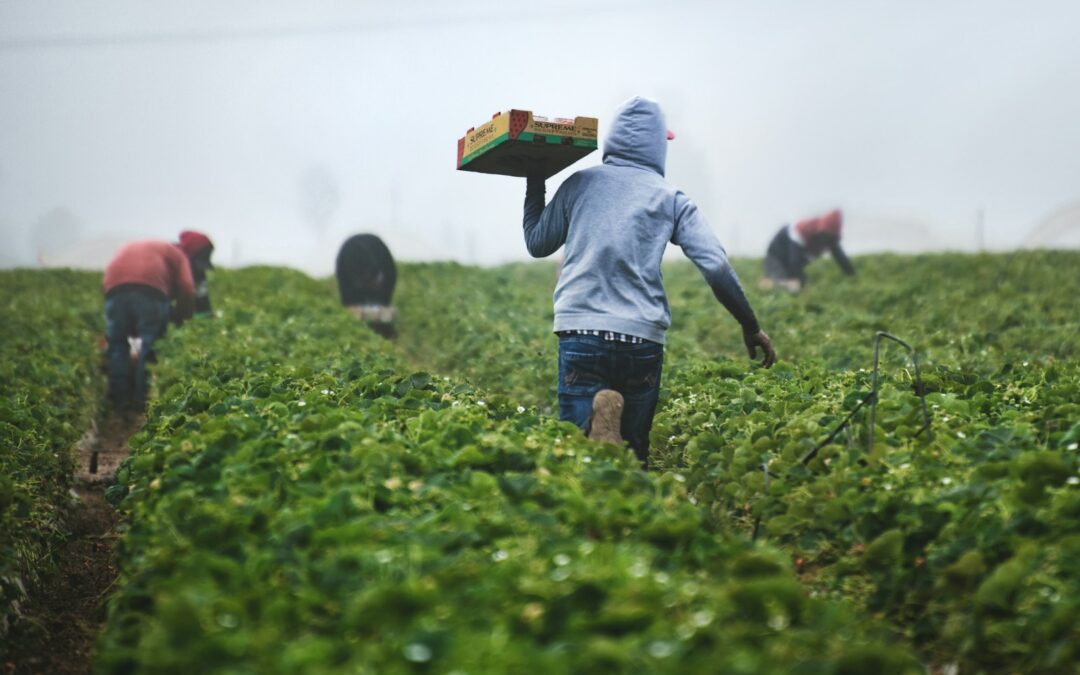The Role of Vertical Farms in Urban Sustainability
Understanding Vertical Farms and Their Impact
The integration of vertical farms and urban heat island effect mitigation strategies is a vital consideration in modern urban planning. As cities like Riyadh and Dubai continue to expand, the need for innovative solutions to manage environmental challenges becomes increasingly important. Vertical farms offer a sustainable method to produce food while simultaneously addressing urban heat and air quality issues in densely populated areas.
Vertical farming involves cultivating crops in stacked layers, often within controlled environments such as buildings or shipping containers. This method allows for year-round production of fresh produce, reducing the dependency on traditional agriculture, which can be limited by climate and space. In addition to providing a local food source, vertical farms play a crucial role in enhancing urban sustainability.
In cities like Riyadh and Dubai, where temperatures can soar and green space is limited, vertical farms help to counteract the urban heat island effect. This phenomenon occurs when urban areas become significantly warmer than their rural surroundings due to human activities and the concentration of heat-absorbing materials like concrete and asphalt. By incorporating green infrastructure like vertical farms, cities can reduce their ambient temperatures, leading to a more comfortable and sustainable urban environment.
Reducing the Urban Heat Island Effect
The urban heat island effect exacerbates energy consumption, increases air pollution levels, and poses health risks, particularly during heatwaves. Vertical farms help mitigate this effect by introducing vegetation into urban landscapes, which cools the air through the process of evapotranspiration. Plants absorb water through their roots and release it as vapor through their leaves, creating a cooling effect that reduces the surrounding air temperature.
In Dubai, initiatives like the “Sustainable City” incorporate vertical farming as part of their strategy to combat the urban heat island effect. These farms not only produce food but also contribute to cooling the environment, lowering energy costs, and improving the overall livability of the area. Similarly, Riyadh is exploring vertical farming as a means to enhance its urban green space, aligning with Saudi Arabia’s Vision 2030 goals to promote sustainability and environmental stewardship.
The cooling effect of vertical farms extends beyond the immediate vicinity of the plants. Green roofs and walls, which are integral components of vertical farms, can significantly lower temperatures of buildings, reducing the need for air conditioning. This not only cuts energy costs but also decreases the urban area’s overall carbon footprint, contributing to a more sustainable cityscape.
Improving Air Quality Through Vertical Farms
Enhancing Air Quality in Urban Areas
Air quality is a critical concern in densely populated cities, where pollution from vehicles, industries, and construction activities can degrade the urban environment. Vertical farms can play a significant role in improving air quality by acting as natural air filters. Plants absorb pollutants such as carbon dioxide, nitrogen oxides, and particulate matter, releasing oxygen and improving the air quality.
In Riyadh and Dubai, the incorporation of vertical farms into urban planning serves a dual purpose. Not only do these farms provide fresh, locally grown produce, but they also enhance the air quality, making the cities healthier places to live. The strategic placement of vertical farms in high-traffic areas or near industrial zones can help mitigate the impact of pollution, creating green buffers that protect residents from harmful emissions.
Moreover, vertical farms contribute to the reduction of greenhouse gases. Traditional agriculture is a significant source of methane and nitrous oxide emissions, both potent greenhouse gases. By localizing food production and reducing the need for transportation, vertical farms help lower these emissions, promoting a cleaner and more sustainable urban environment. This approach aligns with the sustainability goals of both Saudi Arabia and the UAE, which are investing in green technologies to build resilient, future-ready cities.
Case Studies: Successful Implementations
Several successful implementations of vertical farms in skyscraper cities provide valuable insights into their benefits. In Dubai, the world’s largest vertical farm, Emirates Flight Catering’s facility, is a testament to the feasibility and advantages of this technology. The farm, located near the Al Maktoum International Airport, uses 99% less water than traditional farming methods and produces pesticide-free greens, significantly contributing to the city’s food security and sustainability efforts.
In Riyadh, the Kingdom Tower integrates vertical farming within its design, showcasing how skyscrapers can incorporate green spaces to enhance urban living. The tower’s vertical gardens improve air quality, reduce heat, and provide a serene environment for residents and visitors. This project aligns with the Vision 2030 initiative, demonstrating Saudi Arabia’s commitment to integrating sustainability into its urban development plans.
These case studies highlight the practical benefits of vertical farms, emphasizing their role in reducing the urban heat island effect and improving air quality. By learning from these successful implementations, other cities can adopt similar strategies to enhance their sustainability and resilience. The adoption of vertical farming technologies represents a forward-thinking approach to urban planning, ensuring that cities remain livable and sustainable in the face of rapid growth and environmental challenges.
Conclusion
In conclusion, the integration of vertical farms into urban landscapes offers a viable solution to combat the urban heat island effect and improve air quality in densely populated cities. By leveraging innovative technologies and sustainable practices, cities like Riyadh and Dubai are leading the way in creating greener, more livable urban environments. Vertical farms not only provide fresh produce but also contribute to cooling the air, reducing energy consumption, and filtering pollutants. As cities continue to grow, the adoption of vertical farming will be crucial for ensuring environmental sustainability and enhancing the quality of life for urban residents.
—
#VerticalFarms #UrbanHeatIslandEffect #AirQuality #SustainableAgriculture #ModernTechnology #UAEInnovation #SaudiArabiaGreenInitiatives #LeadershipInUrbanPlanning

